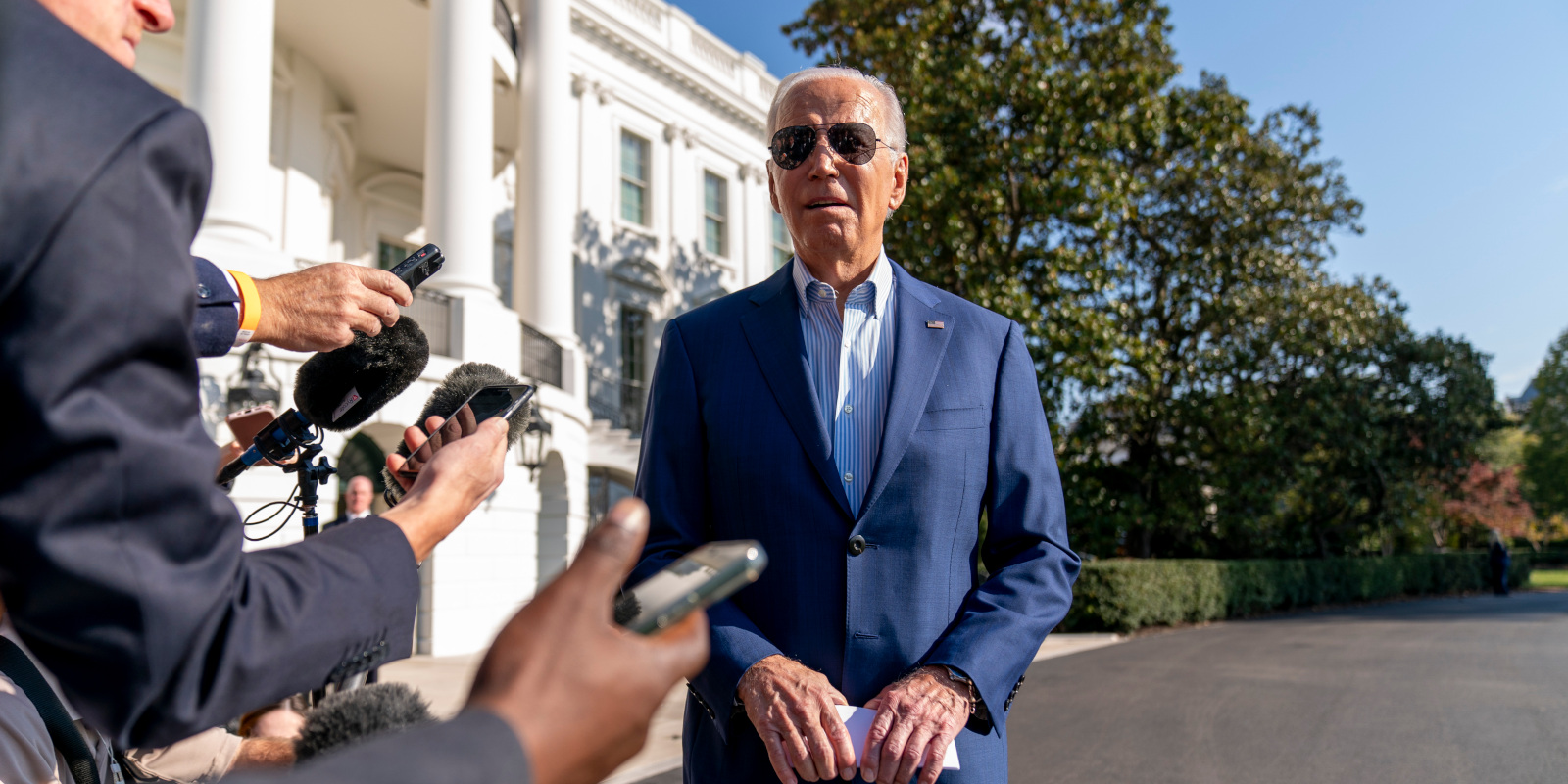
In a recent episode of Hub Dialogues, The Hub‘s editor-at-large Sean Speer spoke with former Washington Post executive editor Martin Baron. Their discussion touched on a range of topics related to the current state of the news industry, including how journalism can adapt and thrive in the digital age. Here are three key insights from their conversation.
1. The upside of doing journalism online
“He [Jeff Bezos] said that the internet, which had destroyed all these pillars of our business, had also given us a gift. He said, ‘Take the gift.’ The gift was that we could distribute our journalism, without having to deliver a physical newspaper, only doing it over the internet, which meant that the cost of acquiring an additional reader or an additional subscriber was effectively zero.”
2. Subscribers want something special
“I think the idea of subscriptions has been a huge benefit to us in terms of the quality of the journalism. In the past, when we were focusing simply on traffic and clicks and all of that, we were using a lot of techniques that actually did fit the rubric of clickbait. They weren’t high quality, they just attracted people’s passing attention. They generated traffic and they generated advertising via social media networks. It led to immense speed and volume and all those kinds of things.
But now with subscriptions, the real emphasis is on substance and depth and uniqueness and distinctiveness and all of that—what people are willing to pay for. And what they’re willing to pay for is something that’s not a commodity that is available everywhere and anywhere. They’re willing to pay for something that’s really special.”
3. The future of news will be diverse
“I think we’re going to see a lot of different kinds of news organizations with a lot of different ownership models. I think it’ll be quite a mix, and we’ll have to see which ones succeed. It’s quite possible that very different models will succeed, depending on their market, depending on their niche, depending on their community, depending on their strategy, and whether they’re trying to reach a national or global audience versus trying to reach a regional audience…I think people will try to slice the journalism market in many different ways.
Some will do it by subject categories, which they already are, and some will do it by geography. Some will be advocacy-oriented, and some will be more mainstream with the practice of what we were talking about concerning objectivity and independence and all of that. And others will be more partisan. So we’ll see a whole variety of news outlets out there. And we’ll have to see which ones do the best.”

The episode is part of The Hub’s Future of News series in which The Hub’s editor-at-large, Sean Speer, will be in conversation with journalists and policy thinkers to explore the challenges facing the news media industry and the respective roles of business and government to establish sustainable models for producing and distributing news and information. The Future of News series is supported and funded by The Hub’s foundation donors and Meta.
Listen to Martin Baron’s full interview with Sean Speer on the audio player below or on your favourite podcast app.
If you enjoy Hub Dialogues, be sure to check out more insightful commentary on The Hub’s YouTube page:
Recommended for You

Fred DeLorey: Why real Christmas trees matter more than ever

Ray Pennings: A good Christmas reminder for Canada’s leaders: Religion is a public good

Sean Speer: Canada needs to kickstart its cultural policy

Eric Lombardi: Dare to be great: Ten radical ideas to restore Canada’s promise in 2025



